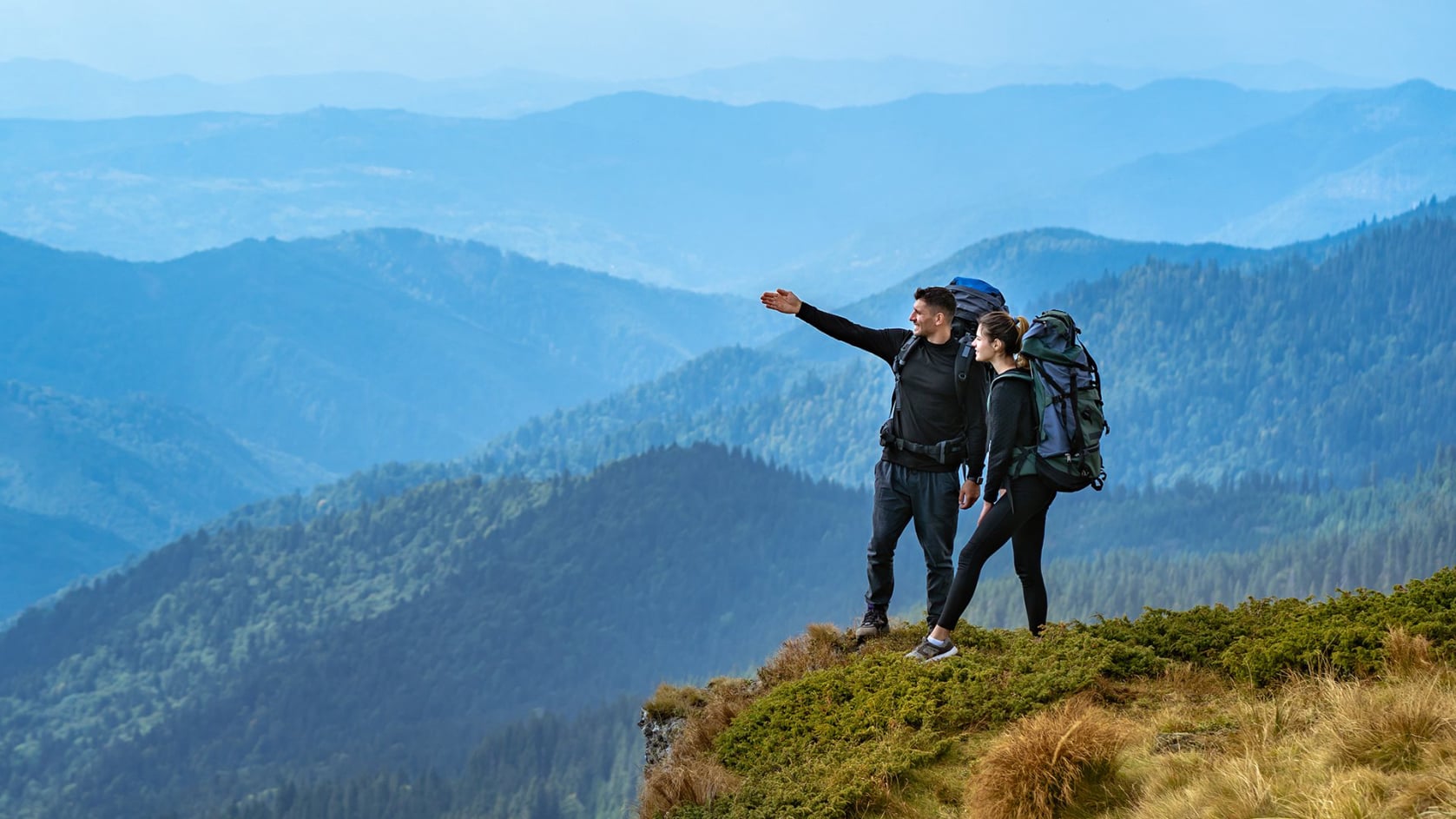
Unforgettable Cultural Experiences Around the World
Cultural experiences are the heart of travel, offering a window into the traditions, values, and creativity of a community. Participating in local customs, whether it’s a cooking class, a traditional dance, or a craft workshop, provides a deeper appreciation for the destination. These activities create lasting memories and foster connections that transcend language barriers.
Food is one of the most accessible ways to immerse oneself in a new culture. Sampling regional dishes, visiting local markets, or even joining a family for a home-cooked meal can reveal stories and histories tied to the cuisine. The flavors, ingredients, and preparation methods often reflect the geography and heritage of the area, making every bite a lesson in culture.
Festivals and celebrations offer another vibrant way to engage with local traditions. From colorful parades to solemn ceremonies, these events showcase the unique identity of a community. Travelers who time their visits to coincide with such occasions gain insight into the values and beliefs that shape daily life.
Art and music are universal languages that bridge cultural divides. Attending a live performance, exploring a gallery, or even joining a street musician for a song can be profoundly moving. These experiences highlight the creativity and expression that define a culture, leaving a lasting impression on visitors.
Storytelling is another powerful cultural tool. Whether through oral histories, folklore, or guided tours, stories bring the past to life and connect travelers to the people and events that have shaped a place. Listening to these narratives fosters empathy and a deeper understanding of the world.
Ultimately, cultural experiences remind us of our shared humanity. They celebrate diversity while highlighting the common threads that unite us all, making travel not just a journey through places, but a journey through the hearts and minds of others.